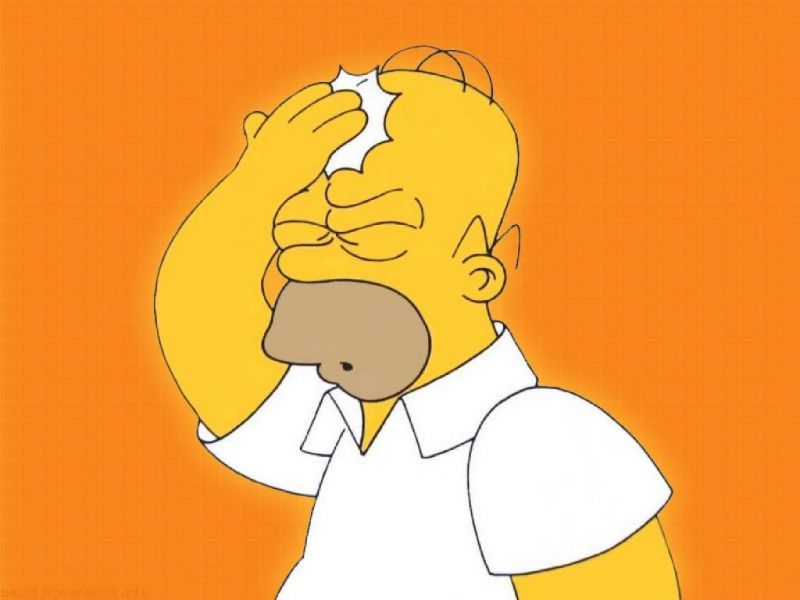Please note: for the purposes of this entry, the terms "alto horn" and "tenor horn" are synonymous. Also, this is a super sappy post. You've been warned.
I'm an alumnus of James Madison University (JMU), where I received my bachelors degree in music. I don't think about my time at JMU often, as I'm a very different person now and tend to cringe when I remember my attitude in those days (particularly the first few years). That said, there's one experience I would not take back: a three-year adventure that shaped me more as a musician than any other ensemble experience. I'm talking, of course, about my tenure as solo horn in the JMU Brass Band.
 |
| JMU Brass Band, Spring 2005: The end of my first year in the band, before we got the infamous shiny purple vests |
That's right, friends- at one point in my life, I was a tenor horn player. And a good one, too, if I do say so myself. I was serious enough about the instrument that I almost moved to England to study it. Ultimately, the superior horn won out in my life, and I let my dream of becoming a real tenor horn player die a peaceful death.
 |
| Soloing on Kenneth Downie's The Piper O'Dundee, battling the summer sun at the Great American Brass Band Festival in Danville, Kentucky: Summer 2006 |
 |
| Performing John Golland's Meiso with virtuoso baritone soloist Katrina Marzella: fall 2006. Shiny purple vest in full force. |
Since I don't seriously play tenor horn any more, I haven't thought about my time in the JMUBB for quite a while. Recently, an old friend posted a recording of the band from 2006, performing at the North American Brass Band Association (NABBA) championships. I was shocked by how good we sounded; I didn't remember that we were that fine of an ensemble. I immediately wanted to hear more recordings of my time in the band, and my wish was granted. Another friend shared an abundance of old recordings with me, including what is probably my most personally enriching performance to this day: the 2007 NABBA performance of Philip Sparke's Music of the Spheres.
I haven't listened to this piece in years, and completely forgot how much it meant to me. As I listened to our performance, chills covered my body for the entire 18 minutes. Smiling, I closed my eyes and was transported back in time. This performance was special because it was one of those rare times when I nailed every lick that gave me trouble. I remember feeling as though I channeled a real European tenor hornist, and played far better than I had any right.
Now, nearly 7 years later and with vivid memories resurfacing so strongly that I feel as though I'll wake up tomorrow and have a reason throw on that purple vest, I understand how I was able to play so well that day.
Listening to these recordings, I realized one of my most profound experiences of creating a community through music is my time in the JMUBB. I have yet to play in another ensemble that provided such a supportive, empowering environment. This was in large part due to the band's fearless leader, Kevin Stees. Mr. Stees pushed us to our limits, never accepting anything that was less than our greatest potential. He taught us how to play together, how to balance and blend, how to keep striving for better. He was always supportive (unless he knew you weren't practicing). Beyond the band room, he encouraged us to be friends and get along outside of rehearsal. I was much more reserved then than I am now, but I remember us all being friends. Someone inevitably hosted "Brass Band Orientation" once per semester. We even had our own vernacular. The relationship we had with each other, and with Mr. Stees, contributed greatly to the band's success. We wanted to work hard, because we didn't want to let each other down. We went to competitions, but the goal was never to win; it was simply to have a powerful shared musical experience, to create a performance of which we could be proud.
 |
| NABBA 2006 |
After reliving this unforgettable NABBA performance with the JMUBB, I then remembered my final performance with the band, which was only about two months later. I played a solo piece on this concert, which I barely remember. What I do recall vividly is playing Hymn of the Highlands, another great programmatic work by Philip Spark. This was the final piece on the program; the last piece I ever played with the band. I remember taking the time to look around at my bandmates, listening intently to every musical line they played. I soaked in every fortissimo chord (of which there were plenty), feeling the vibrations throughout my body. I shed a few tears, and I'm not ashamed to admit it. I knew that this was the end of an era for me, that I was saying goodbye to something irreplaceable.
 |
| The band at the Great American Brass Band Festival: Summer 2006 |
I'm so grateful that these old performances were returned to my life. They transport me to a time when making and sharing beautiful music was the most important thing in the world. This experience has reminded me that we're all capable of much greater feats than we realize if we work together for the sake of achieving beauty.
Sap-fest complete. Thanks for putting up with me!





